Crankshaft position sensor (CPS) issues can be a real headache for car owners. A malfunctioning CPS can lead to a variety of problems, from difficulty starting your car to complete engine failure. This article will delve into the common Car Cps Problems, their symptoms, diagnostic procedures, and potential solutions, empowering you to tackle these issues effectively.
Understanding the crankshaft position sensor’s vital role is crucial. This sensor monitors the crankshaft’s position and speed, relaying this crucial information to the engine control unit (ECU). The ECU uses this data to control fuel injection and ignition timing. A faulty CPS disrupts this process, causing performance issues or preventing the engine from starting altogether.
Common Symptoms of Car CPS Problems
Several symptoms can indicate a failing crankshaft position sensor. Recognizing these signs early can prevent further damage and costly repairs. Common symptoms include:
- Intermittent Stalling: The engine may stall unexpectedly while driving or idling.
- Difficulty Starting: The engine cranks but fails to start, or takes an unusually long time to start.
- Rough Idling: The engine idles unevenly or roughly.
- Reduced Engine Performance: The car may experience a loss of power, especially during acceleration.
- Check Engine Light: The check engine light illuminates, indicating a problem within the engine management system.
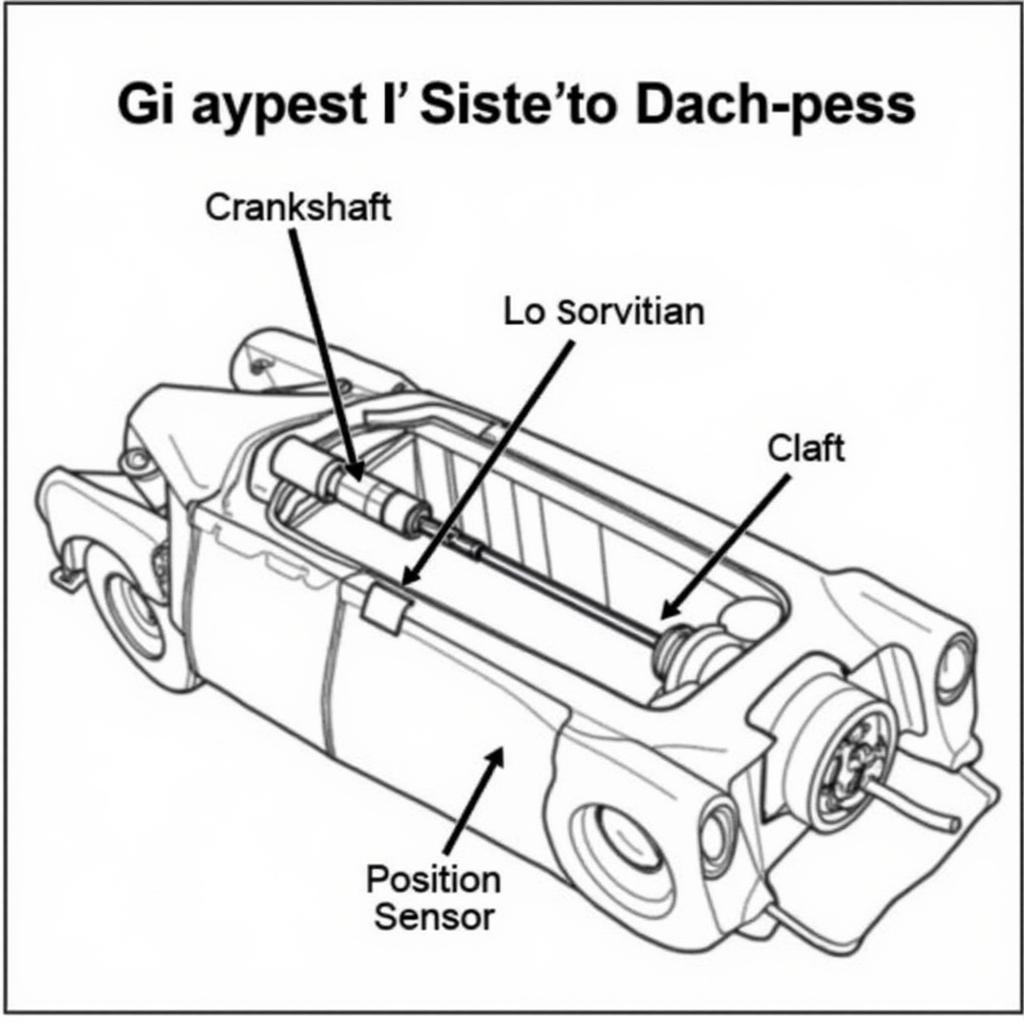 Car CPS Location Diagram
Car CPS Location Diagram
Diagnosing Car CPS Problems
Diagnosing a faulty CPS often requires a combination of visual inspection and diagnostic tools. Here’s a step-by-step guide:
- Visual Inspection: Check the CPS for any visible damage, such as cracks, corrosion, or loose wiring.
- Check Engine Light Code: Use an OBD-II scanner to retrieve the diagnostic trouble codes (DTCs). Codes related to the CPS, such as P0335 or P0336, can pinpoint the issue.
- Multimeter Test: Test the CPS’s resistance and voltage using a multimeter. Compare the readings with the manufacturer’s specifications.
- Crankshaft Fluctuation Test: Use a diagnostic tool to monitor the crankshaft’s position signal while cranking the engine. An erratic or absent signal indicates a faulty CPS.
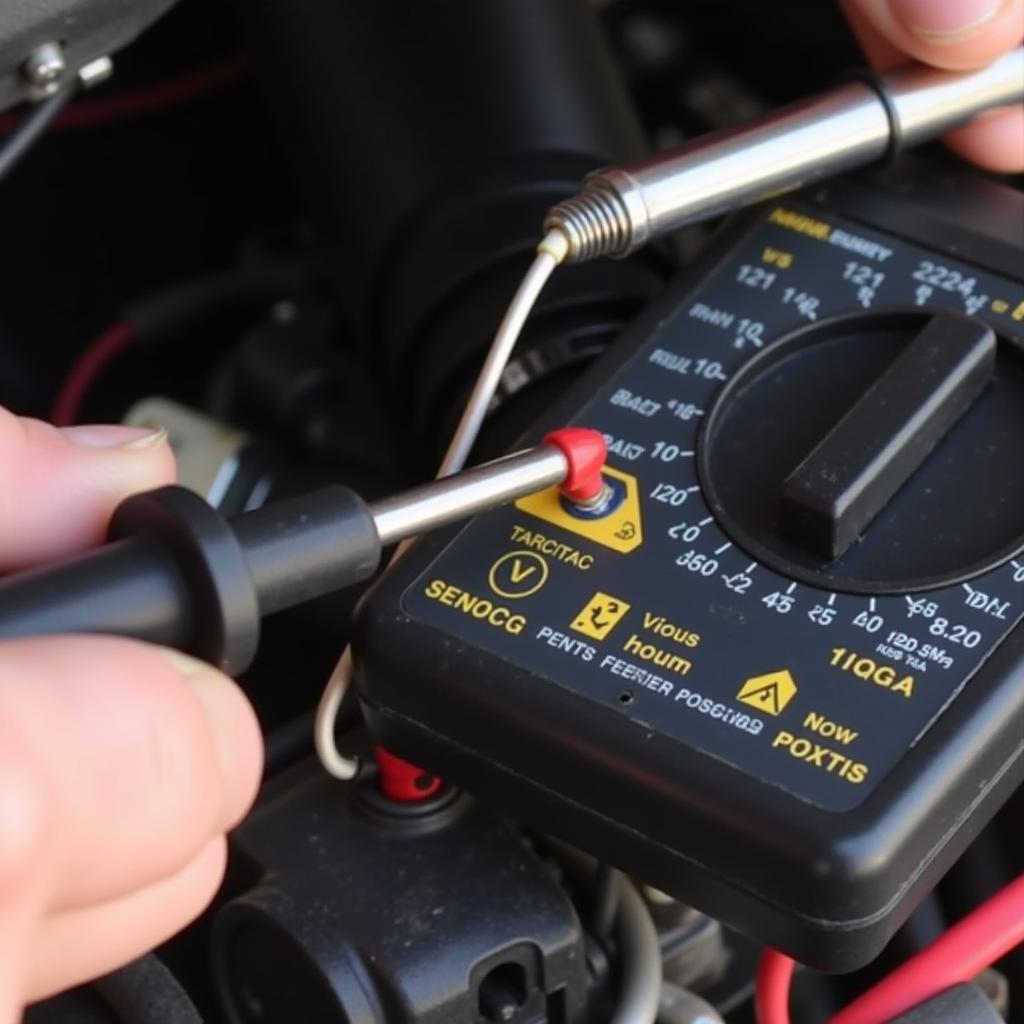 Testing Car CPS with Multimeter
Testing Car CPS with Multimeter
Solutions for Car CPS Problems
Once you’ve diagnosed a faulty CPS, the most effective solution is typically replacement.
- Replacing the CPS: Obtain a new CPS that matches your car’s make and model. Carefully remove the old sensor and install the new one, ensuring proper connection and secure fastening.
- Addressing Underlying Issues: In some cases, a faulty CPS may be a symptom of a larger problem, such as wiring issues or a damaged crankshaft. Thorough inspection and addressing these underlying issues are crucial for long-term reliability.
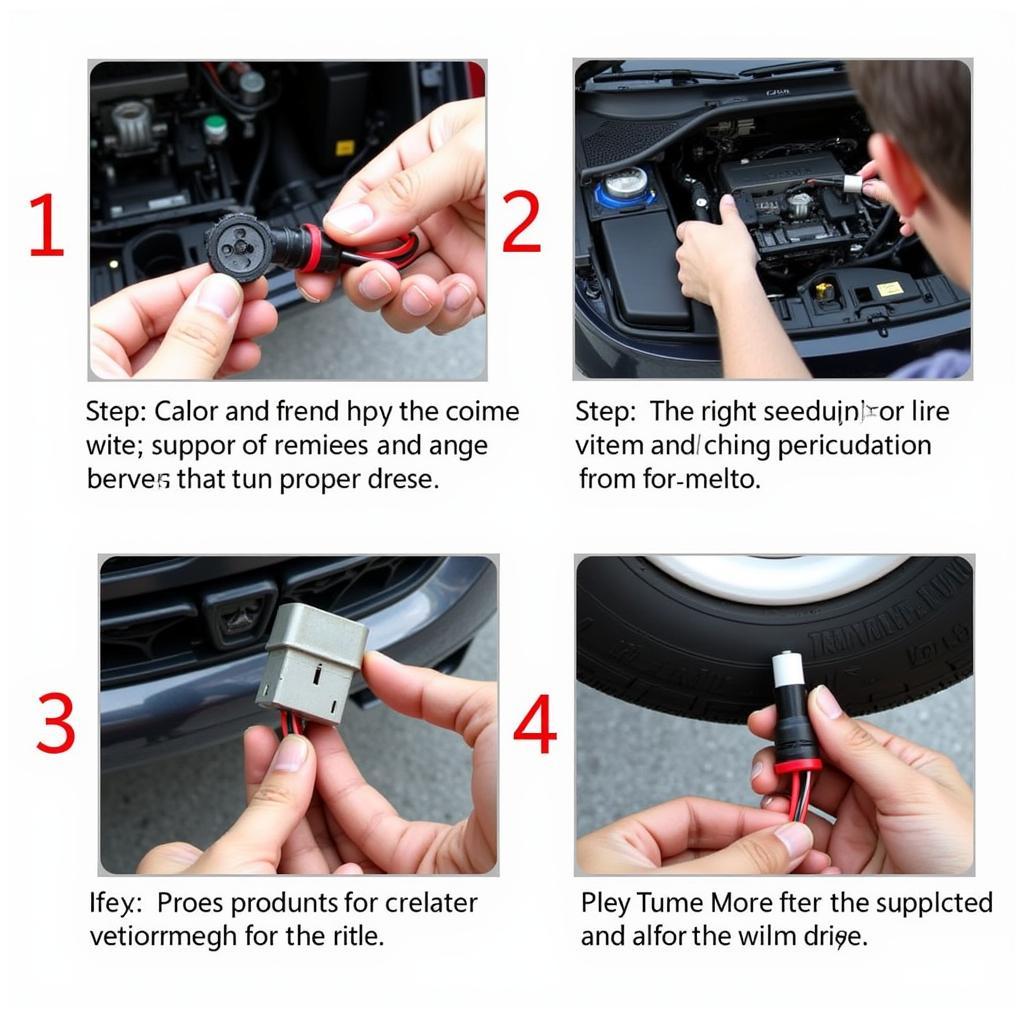 Replacing Car CPS Sensor
Replacing Car CPS Sensor
What happens when a car CPS fails?
When a car CPS fails, the engine control unit (ECU) loses crucial information about the crankshaft’s position and speed. This can lead to misfires, stalling, difficulty starting, or a complete inability to start the engine.
How much does it cost to replace a car CPS?
The cost of replacing a car CPS varies depending on the make and model of your vehicle. Generally, the part itself costs between $50 and $200, and labor costs can add another $50 to $150.
Conclusion
Car CPS problems, while potentially disruptive, are often manageable with proper diagnosis and timely repair. By understanding the symptoms, diagnostic procedures, and solutions outlined in this article, you can address these issues effectively and keep your car running smoothly. For further assistance or specific questions regarding your car’s CPS, feel free to contact us at AutoTipPro at +1 (641) 206-8880 or visit our office at 500 N St Mary’s St, San Antonio, TX 78205, United States.
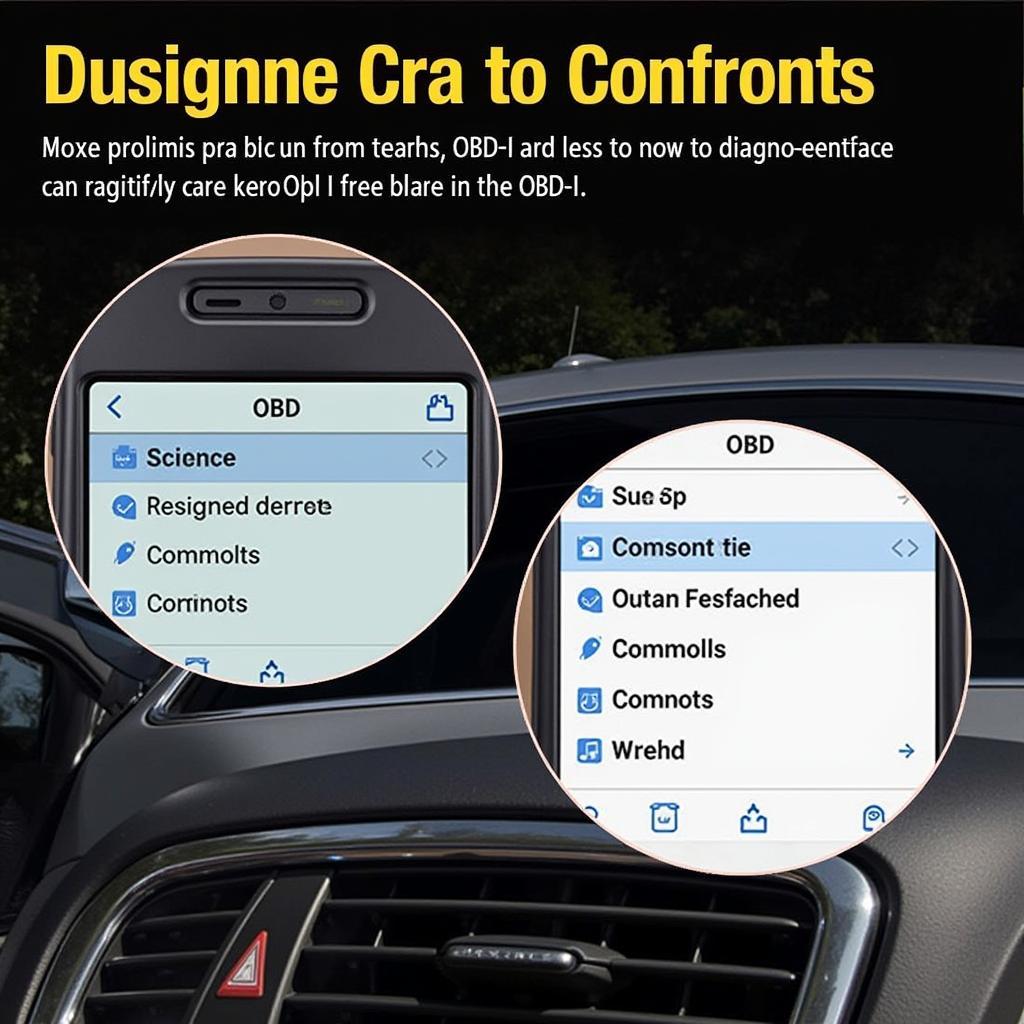 OBD-II Scanner Diagnosing Car Problems
OBD-II Scanner Diagnosing Car Problems
FAQ
- Can I drive my car with a bad CPS? While technically possible in some cases, it’s strongly discouraged. Driving with a faulty CPS can lead to further engine damage and potentially leave you stranded.
- How often should I replace my car CPS? The CPS isn’t a regularly scheduled maintenance item. It’s typically replaced only when it fails or exhibits symptoms of malfunction.
- Are there any preventative measures for car CPS problems? Regular engine maintenance and ensuring the sensor’s wiring is in good condition can help prevent some CPS issues.
- Can extreme temperatures affect the CPS? Yes, extreme heat or cold can affect the sensor’s performance and lifespan.
- What other sensors work in conjunction with the CPS? The camshaft position sensor and the mass airflow sensor work closely with the CPS to provide the ECU with comprehensive engine data.
- Can a bad CPS cause my car to overheat? While not a direct cause, a malfunctioning CPS can lead to rich fuel mixtures which can contribute to overheating.
- Can I replace the CPS myself? While possible for those with mechanical experience, it’s often best to leave this repair to a qualified mechanic.






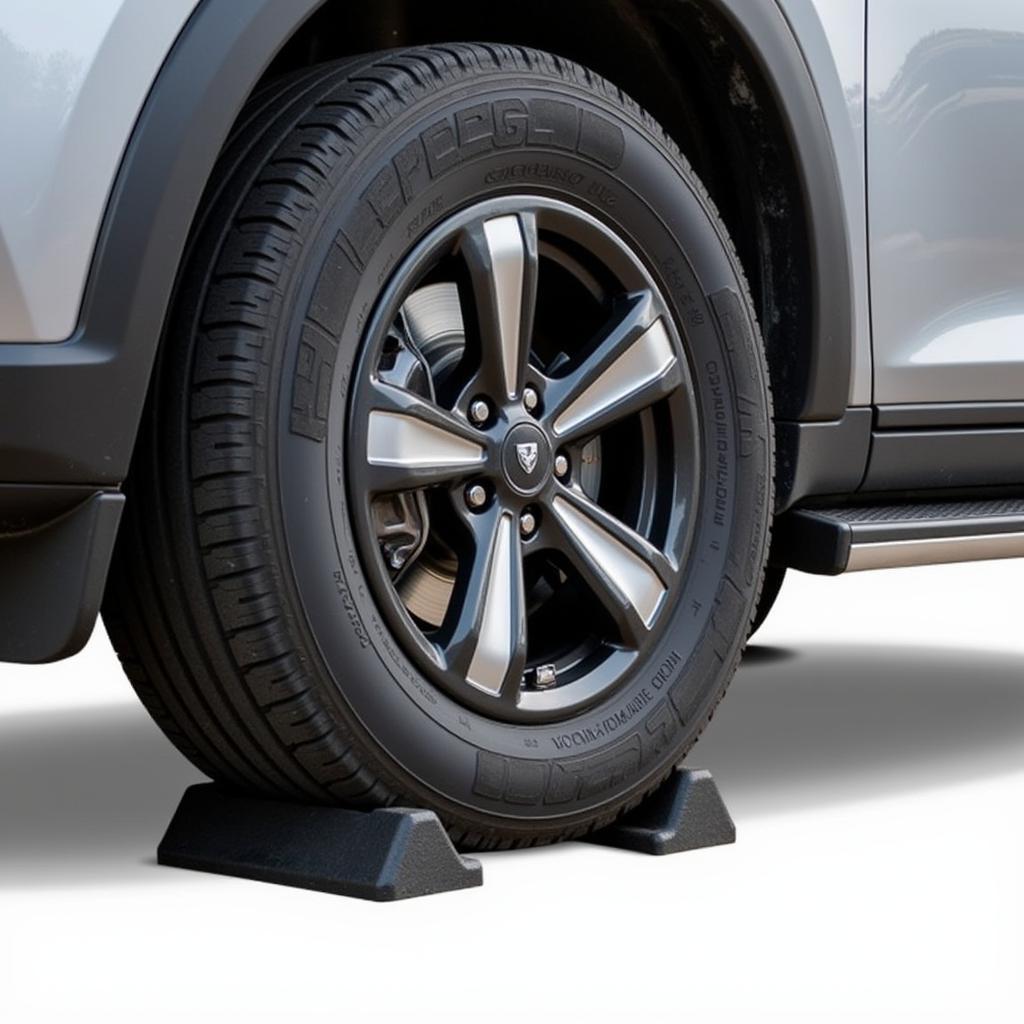
Leave a Reply